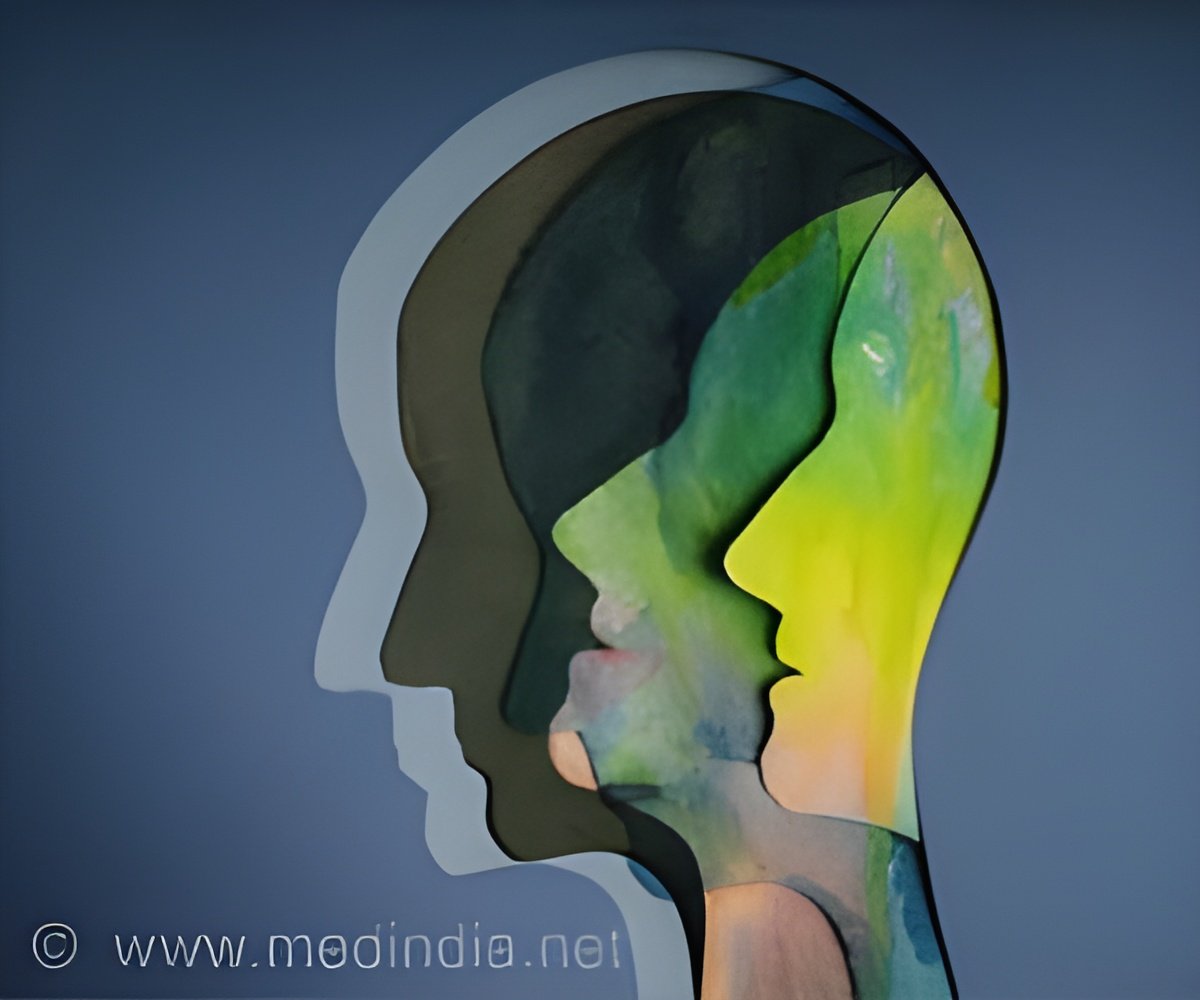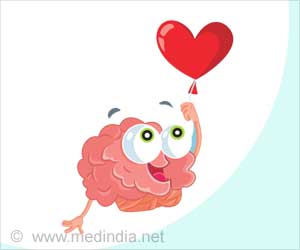
‘A model for mental health problems refers to the causes and characteristics of the condition.’
Tweet it Now
According to the Mental Health Foundation, in just the past week, it is estimated that one in six of us will have experienced a common mental health problem. However, such figures are dependent on how the problem of mental health is understood and measured.Co-researcher, Dr. Jeremy Dixon from the University of Bath’s Department of Social & Policy Sciences and Centre for the Analysis of Social Policy explains: “Uncertainties about what constitutes a mental health problem have become more pronounced in recent decades due to the increase in the number of mental health conditions being identified in the manuals which are used by general practitioners and psychiatrists”.
Mental health problems are often presented as something which is understood by medicine and psychiatry. Yet, debate remains about what exactly mental health problems are and how they should be treated.
They can affect decisions around who might receive a mental health service and how behaviors such as aggression might be interpreted.
By examining over 100 publications that referenced mental health or mental illness in some way, researchers from the University of Bath (UK) and Bern University of Applied Sciences (Switzerland) identified some 34 different theoretical models.
Advertisement
Importantly, they found no criteria which could be used to prioritize why one model might be used over another. This matters because how mental health problems are understood have lasting ramifications for how people with mental health problems are assessed and supported.
Advertisement
Whilst previously, policymakers and practitioners tried to form a consensus about using so-called ‘bio-psycho-social models’ - a catch-all term, which draws on elements of all different models - this consensus seems to be fracturing.
Given the wide range of models that are used by practitioners, researchers are now calling for greater clarity over how different and potentially contracting mental health models can be used in practice.
Mental health services need to recognize the wide range of perspectives that are now held by those who use services. Rather than insisting users of services accept biological or psychological perspectives, mental health professionals need to understand and work to people’s preferences.
Source-Medindia














